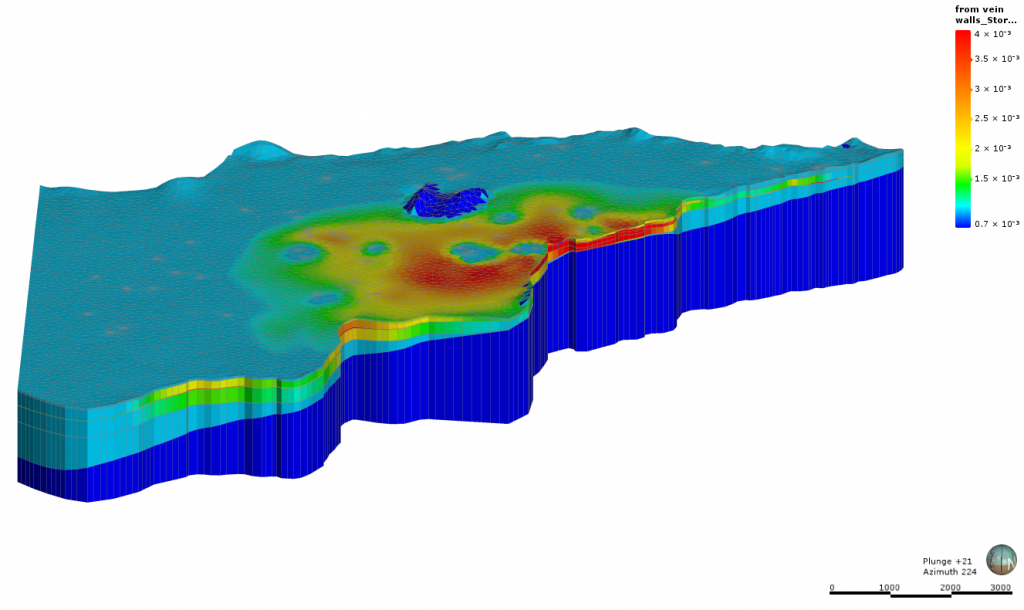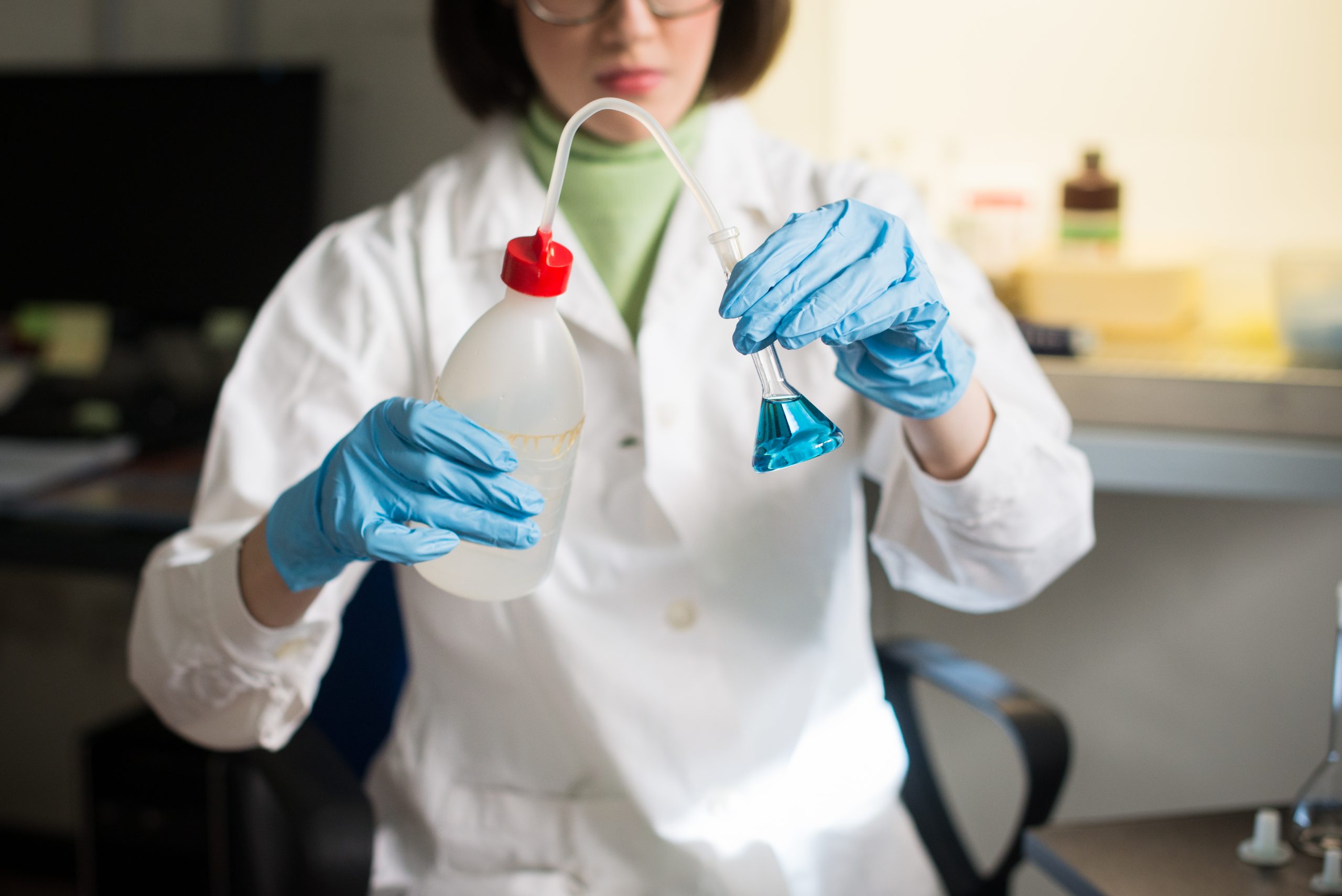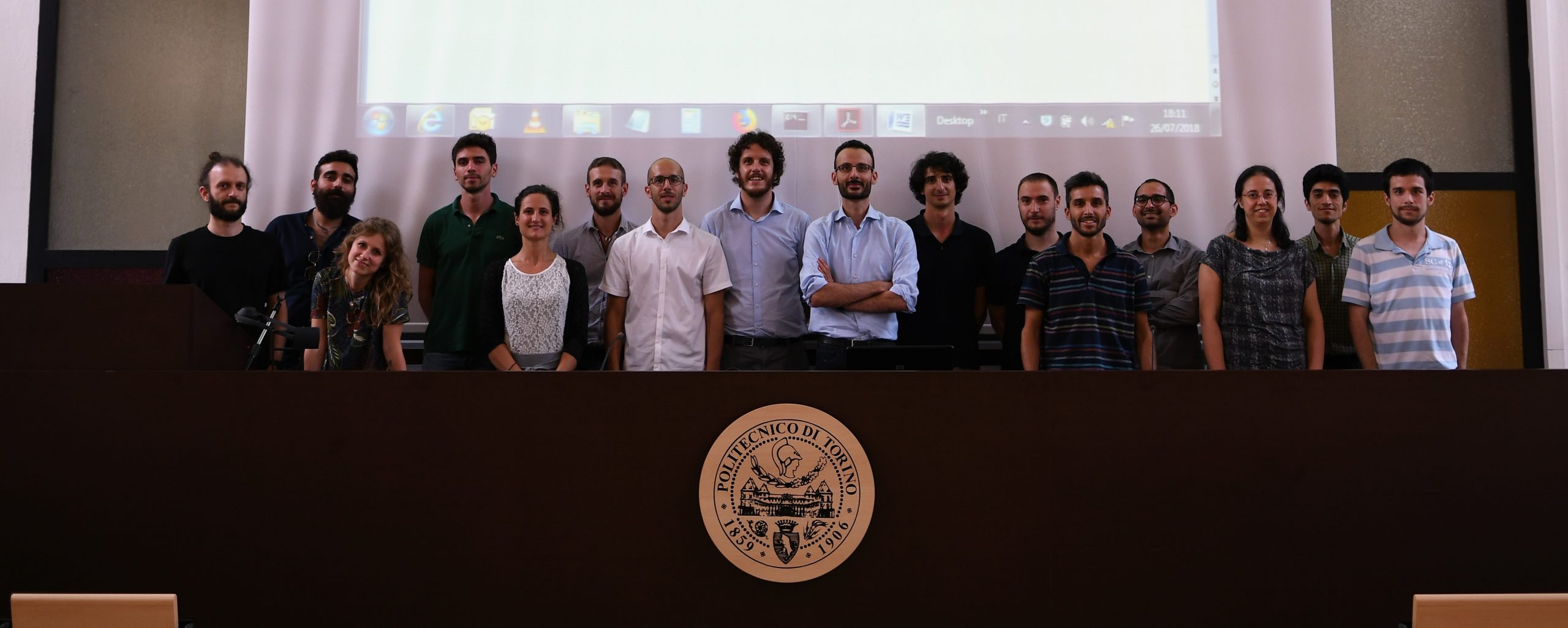Politecnico di torino

Our Team
About us
Our Values
The Groundwater Engineering Group of Politecnico di Torino is a team of experts that, under the guidance of Rajandrea Sethi, conducts innovative research in the field of aquifer environmental management. The Groundwater Engineering Group’s goals are to ensure a sustainable water supply, to safeguard and valorize groundwater resources, and to provide advanced solutions for the remediation of contaminated aquifers.
Our Research
The work of the group focuses on the development of theories, technical solutions, software and tools needed to address the complex issues of aquifer characterization, exploitation, protection and quality remediation. Its research activities are aimed at investigating groundwater for agricultural, industrial and societal use with a reduced environmental footprint. The research of the Groundwater Engineering team covers a wide range of topics, among which: sustainable groundwater exploitation and monitoring, delineation of wellhead protection areas, remediation of contaminated sites (including nanoremediation), multiscale flow and transport modeling, health and environmental risk assessment, fate of microplastics in the environment, development of innovative green agrochemicals, and renewable energy exploitation (e.g. geothermal resources). For more information about current projects please visit the Research page.
Our Experiences
The group participates in many research projects financed by the European Union, the Italian Ministry of University and Research (MIUR), the National Research Council (CNR) and by the Regional Government. The Groundwater Engineering Group cooperated in the realization of the first permeable reactive barrier using zero-valent iron in Italy and in the groundwater monitoring of the building sites of the MOSE Project in Venice. It was also partner of AQUAREHAB, NANOREM, REGROUND, and GRETA projects funded by the EU.
Groundwater Resources
Over 95% of the available freshwater present on our planet is contained in aquifer systems. Groundwater resources are, however, extremely vulnerable to natural and anthropogenic pressures. On the one hand, overexploitation of aquifers may lead to source depletion. On the other, direct contamination arising from industrial waste discharge, landfill leachate, accidental spills of toxic liquids, and agricultural activities can impair the quality of groundwater.
A survey of the Joint Research Centre estimated that within the EU there are 2.8 million potentially contaminated sites occurring from human activity. According to the report, contaminated sites pose a serious threat to the environment and human health, and their remediation greatly affects public spending. Although in the last five years a great effort has been put into the remediation of contaminated areas, polluting activities are still taking place and a uniform legislation to safeguard the environment is still lacking.
Soil contamination is not the only problem that threatens human access to freshwater resources. Climate change is altering the patterns of water, causing shortages and droughts all around the world. Over 1 billion people currently lack access to water, and almost 3 billion find themselves in a condition of water scarcity at least one month of the year. According to WWF, this situation is destined to get worse: by 2025 two-thirds of the world’s population may face water shortages.
Given these premises, it is safe to affirm that new sustainable and affordable solutions for groundwater protection and remediation are needed to keep the ecosystem thriving and to feed a growing human population.



